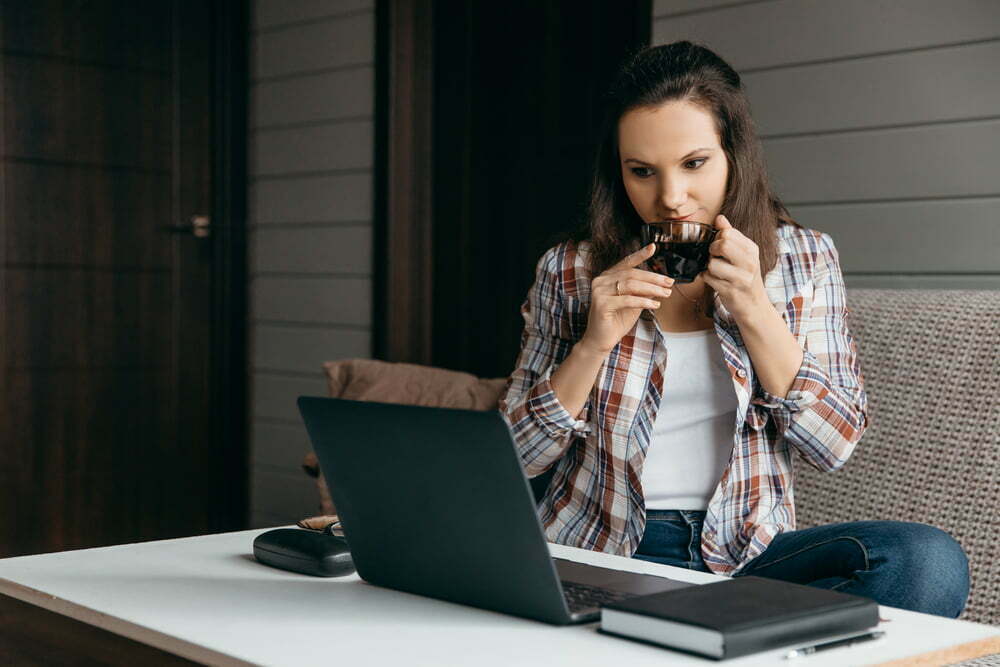Immediate Availability - Open 7 days a week - day, evening and weekend appointments
Immediate Availability - Open 7 days a week - day, evening and weekend appointments
Anxiety can have a significant impact on every aspect of your life, from your personal relationships to your professional achievements. It can make it difficult to perform daily tasks or enjoy the activities you once loved. At One Life Counselling & Coaching, we understand how debilitating anxiety can be. Our experienced therapists are here to help you manage your anxiety and reclaim control over your life.
We provide tailored anxiety counselling services designed to meet your unique needs. Take the first step towards a calmer, more fulfilling life by booking a consultation or your first session with us today.


Anxiety manifests in various ways, affecting both the mind and body. The symptoms can vary significantly from person to person, but common indicators include:
Anxiety doesn’t just affect your mental state—it can seep into various aspects of your daily life, causing widespread disruption:

Some individuals may be more susceptible to anxiety due to personality traits, early life experiences, or other individual factors. This vulnerability can be influenced by a combination of genetic, environmental, and psychological factors.
Keep in mind that you don’t need a diagnosis to seek help. At One Life, our doors are open for everyone who is experiencing anxiety symptoms. We’ll give you the tools you need to empower yourself — and the first step is seeking professional treatment. Learn to cope with and reduce the negative effects of anxiety with our counselling services.
Seeking professional help for anxiety offers numerous benefits, helping you regain control of your life:
At One Life Counselling & Coaching, we offer a supportive, personalized approach to anxiety counselling. Here’s what you can expect:
At One Life Counselling & Coaching, we offer several therapy models to help manage anxiety. Learn more about each approach:

“Anxiety” is a word that gets thrown around a lot, but you might not be clear on what this mental health disorder actually means. Even though anxiety seems to take place in your mind, it presents a host of physical symptoms, too. The most common anxiety symptoms include:
Even if you don’t experience the symptoms above, you may still be struggling with anxiety. We all experience anxiety to some degree, but the extent of that anxiety and the bodily sensations it causes are different for everyone.
When you feel distressed, it’s because your mind or body is telling you something. Through counselling, you can identify what that something is and how to manage it. Are you looking for a better way to manage your anxiety? There are a variety of therapy options to choose from—but which are right for you? There’s no magic pill to cure mental health disorders—medications can be helpful to some, but that’s a conversation to have with your doctor. On the whole, anxiety takes work to manage. Through counselling, you can learn to rewire your thought patterns and make positive changes. When treating this symptom, finding the right therapist is key. It’s not just about the treatment you receive—it’s about the connection you have with the provider of that treatment. During your consultation, we’ll connect you with the right therapist for your needs. Your therapist will ask questions to learn more about how anxiety presents itself for you. They might ask:
At OneLife, we offer a variety of anxiety treatments, including anxiety counselling, psychodynamic therapy, CBT (cognitive behavioural therapy), Gestalt therapy, and more. We’ll tailor your treatment based on what we believe will be most effective for you.
If you’re seeking anxiety treatment, consider counselling. Studies indicate that anxiety therapy is an effective way to manage anxious thoughts. Cognitive behavioural therapy shows evidence of being a highly effective treatment for anxiety disorders.
If you deal with anxiety, you might be debating whether you should seek counselling services. Still on the fence? Ask yourself the following questions:
Did you answer “yes” to any of the above? These questions all relate to common symptoms of anxiety attacks.
If you’re interested in understanding your thought patterns and altering your behaviours, treatment can significantly improve your emotional comfort. During your consultation, we’ll learn about what you’re dealing with, the treatment you’re looking for, and how we can help you with any mental health issue.
Anxiety therapy involves working with a therapist to identify the underlying causes of your anxiety and developing strategies to manage it. This may include cognitive-behavioural techniques, exposure therapy, and relaxation practices.
The duration of counselling varies depending on individual needs and goals. Some clients may see improvement in a few sessions, while others may require longer-term therapy.
Yes, all sessions are confidential. Your privacy and confidentiality are our top priorities.
No, you do not need a referral to seek anxiety counselling at One Life Counselling & Coaching. You can book a consultation directly with us.
Our rates are the same for all practitioners and are based on the Recommended Fee Schedule by the Psychologists's Association of Alberta. While the Recommended Fee Schedule encompasses 50-minute sessions, One Life offers 60-minute sessions for this fee.
"*" indicates required fields